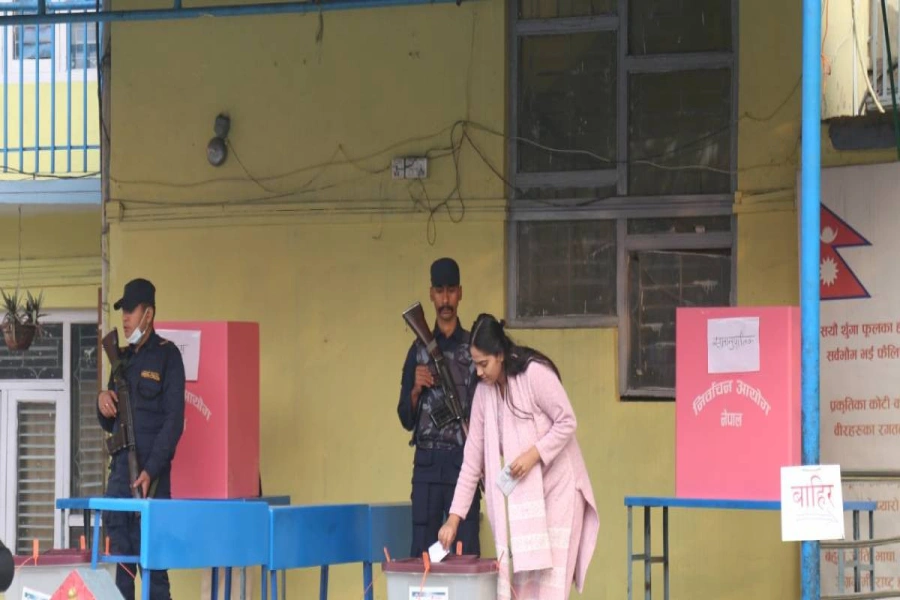KATHMANDU, Feb 21: The United Nations Capital Development Fund’s (UNCDF) MM4P program and Tootle signed a grant and technical assistance agreement to pilot the innovation project ‘Doorstep Delivery of Financial Services (Roving Agents) and Driving Adoption of Electronic Payments through Delivery Service Use-Case’ in Kathmandu on February 15.
“Nepal’s administrative and economic hub, the Kathmandu Valley, is the fastest growing urban agglomeration in South Asia. The rapid urbanization has resulted in new environmental challenges such as traffic congestion and air pollution, and increased pressure on transportation in the metropolitan area. Tootle is a start-up addressing these challenges by offering a bike sharing service for a large segment of Kathmandu’s population. Bikers self-select to earn additional income by sharing their motorcycle with Tootle,” read a press statement released on the occasion.
UNCDF, Tootle to pilot roving agents in Nepal

Tootle’s business model also opens opportunities for convergence with the growing mobile money and e-commerce industries in Nepal. The network of bikers can be leveraged for doorstep delivery of both financial and non-financial services like mobile money agents, package delivery, food delivery, retail services to retail customers as well as mobile money agents and merchants, read the statement.
In this context, MM4P has partnered up with Tootle to provide grant and technical assistance and test the unprecedented concept of roving agents for the supply of financial and non-financial services. The objective of the pilot is to test the viability of this model and its potential to enhance the digital financial services ecosystem in the country.
The project is part of MM4P’s larger mission to improve financial inclusion in Nepal, by supporting the private sector in building the required expertise and de-risking investment to pilot test scalable innovations. As part of its market development mandate, MM4P engages with payment service providers, banks and start-ups, but also regulators, government institutions and community-based organizations to develop, test and scale up financial inclusion initiatives that use partnerships to reach low-income people.



































